Romp n' Roll Northwest Charlotte Blog
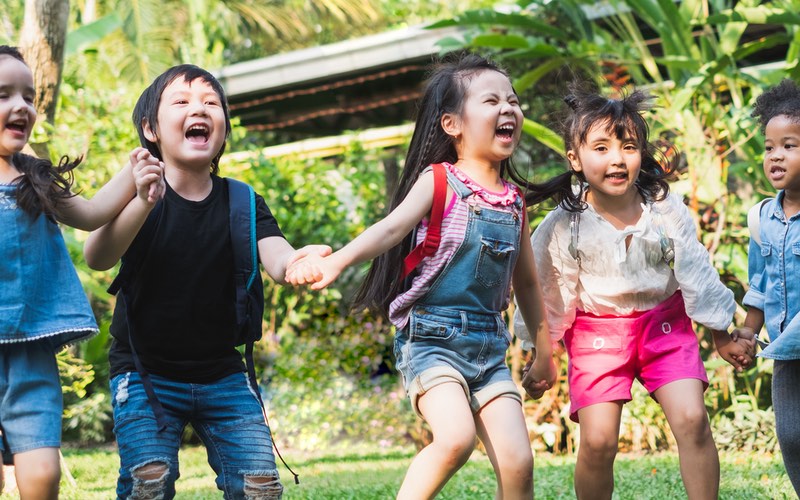
5 Ways To Resocialize Your Kids
Aug 30th, 2021
Child Development, Fun & Activities, Tips
As parents, we are constantly on the lookout to help our children succeed. But what are we to do when a global pandemic shifts our ability to control how our little ones develop outside the home? If you have found yourself thinking, "How much did the pandemic actually affect our child?", you're not alone. Many parents worry about the possible effects the lack of socialization could be having on their children. As restrictions continue to be lifted, it's time to start thinking about acclimatizing kids to the wide world of in-person socialization.
As young children and toddlers begin re-socializing beyond their families, some trepidation is to be expected. After all, it's been a long time since children have interacted with other children, and some of their social skills may be rusty. While not all children will find it difficult transitioning back to in-person gatherings, some may. Keep in mind these experiences may vary significantly from child to child. Below are a few ways to prepare your children for changes to come and increase their comfort with re-socialization.
Start Small
Memories start forming around the age of 2.5 years old. This means that a child currently at toddler age (around 3 or 4 years old) may not have strong memories of life before the pandemic. Parents with younger children must keep this in mind in our excitement to get back into the swing of things. Don't feel that you have to get your kids rushed back into everything "being normal" right now. We encourage parents not to snap back into treating things as business as usual because it's not going to be business as usual for kids. It is best to encourage children to develop their social skills, but at their own pace.
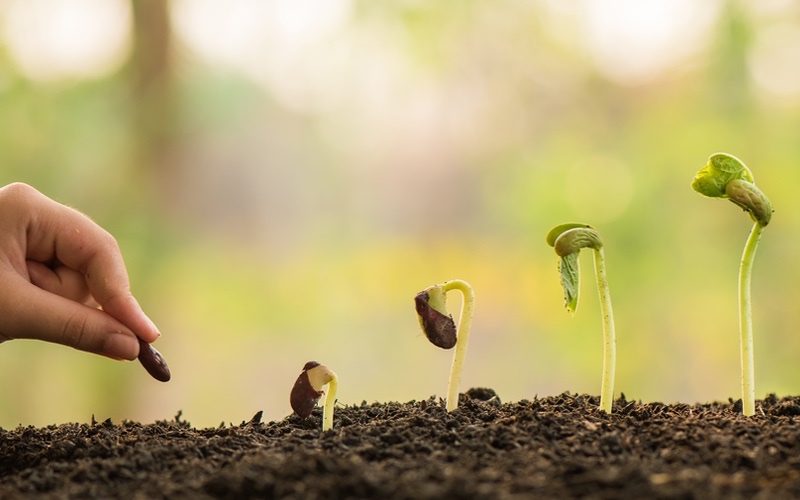
Create a Routine
Routines help toddlers feel safe and secure in their environment. With a routine in place, your child will better understand everyday events and procedures, allowing them to learn what is expected as routines make their environment more predictable. Studies show that toddlers who have effective routines are often more engaged with their environment and their people. When young children are part of daily activities and routines, they establish relationships with familiar people, ultimately helping them gain a sense of self-confidence. Young children also learn to anticipate changes in routines, and they slowly become more independent as they understand what each routine entails. So whether you want to re-start classes at Romp n' Roll, or head to the park, try to create a routine around the places your child will socialize in.
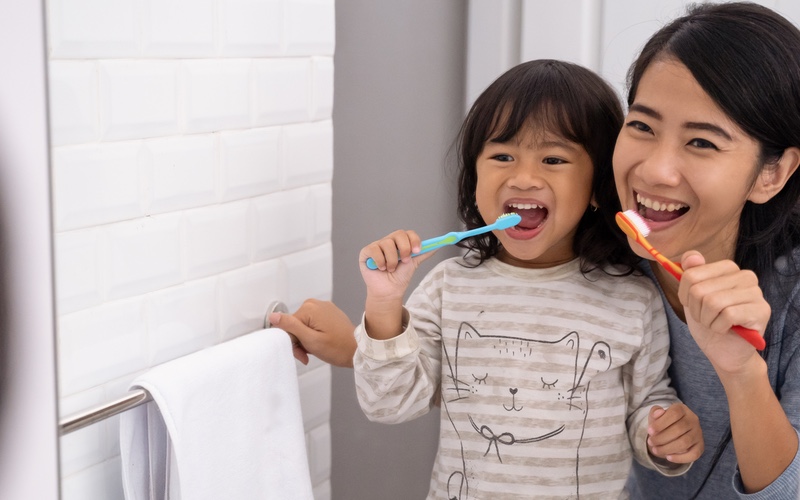
Pay Attention to them in Busy Environments
Among all the chaos this past year may have brought, one positive benefit children have experienced in the last year is receiving more of their parent's undivided attention. Compared to life pre-pandemic, children did not have to compete with other adults to get their parent's attention. So, don't forget to listen to your child as a social engagement.
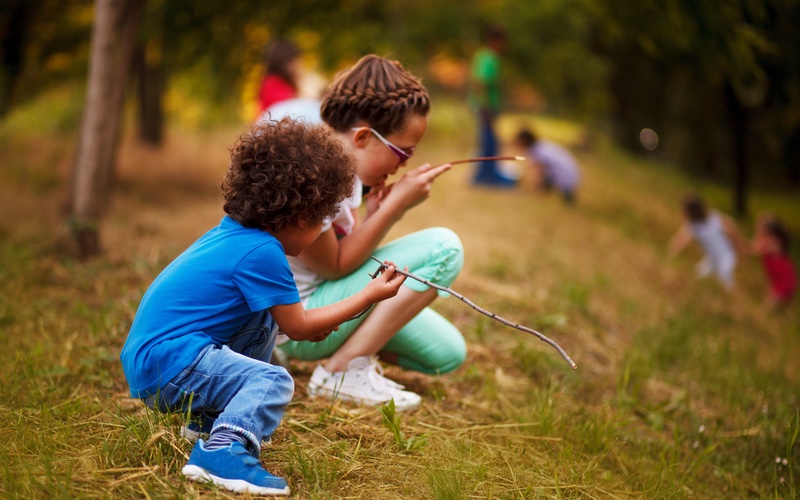
Ask Probing Questions
Get in the habit of asking your kids questions that will help them express what is going on in their lives and how they are feeling. Asking children questions about their day will get them to open up to you in unexpected ways, even if they don't realize that's what you're doing. You are creating opportunities for conversation when making a point to ask a child how their day was. We recommend asking hidden pointed questions such as "Did anything funny happen today at school? Or "What made you happy today? What made you angry?".
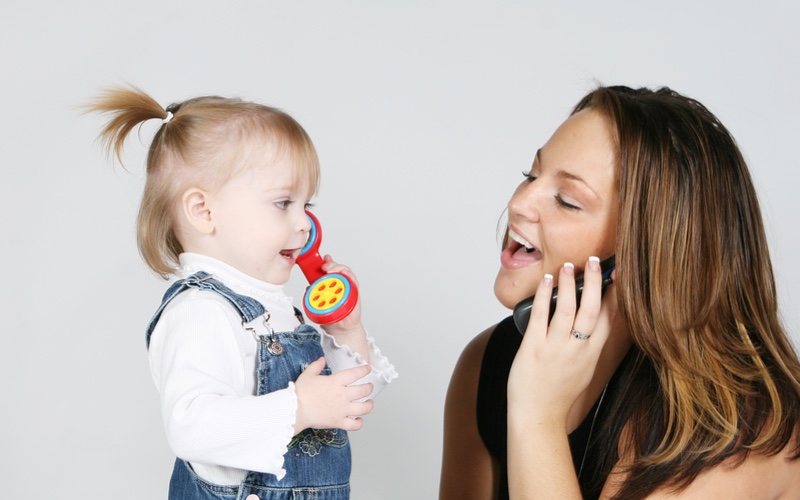
Try The Scaffold Approach
The scaffold approach is a light framework that helps support new skills in your child as they stretch beyond their current, stable abilities. The concept of Scaffolding is that children will reach higher because it provides extra support for them, and when the child can do it alone, the support is removed. Just as a building is supported by scaffolding during construction, it stands alone. The three pillars of Scaffolding are: support, structure, and encouragement. All are essential characteristics to your child's development. At each stage, parents can model positive, pro-social behaviors, give corrective feedback, and best of all, boost self-esteem. In the most practical terms, Scaffolding consists of:
- Supporting your child with empathy and validation. In terms of re-socialization, assure your child you understand their fears, concerns, or excitements.
- Provide security through scheduling. Many of our daily norms have been disrupted during the pandemic. You can ease your child's anxiety by reestablishing old routines both inside and outside the home.
- Encourage your little ones to put themselves out there. This can be as simple as arranging play dates where kids can engage in a shared interest or activity or dropping in on one of our Socialization Classes at Romp n' Roll.
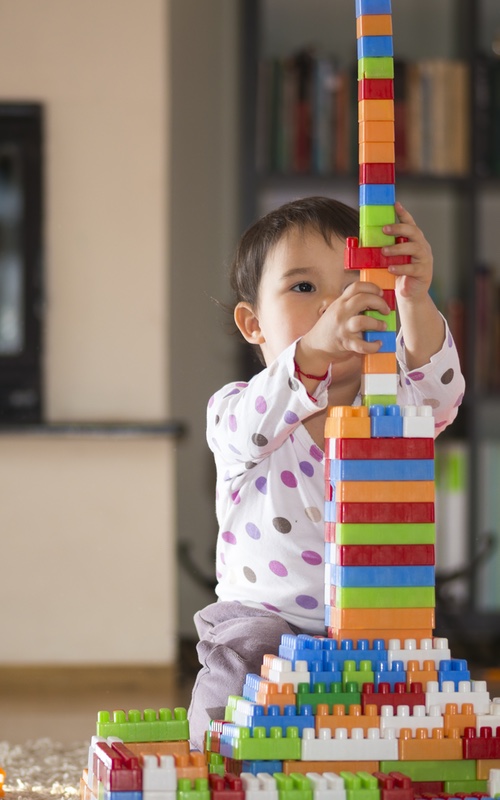
Try Not to Worry!
Children are inherently attuned to the feelings of adults whom they spend most of their time around. With that being said, it's understandable for parents to have pandemic-related worries of their own, but try to be mindful of how you handle your own anxiety in front of your kids. The more uncomfortable you feel, the more uncomfortable they will feel. Of course, this is easier said than done but have faith that your children will bounce back from pandemic life and adapt to the world around them!